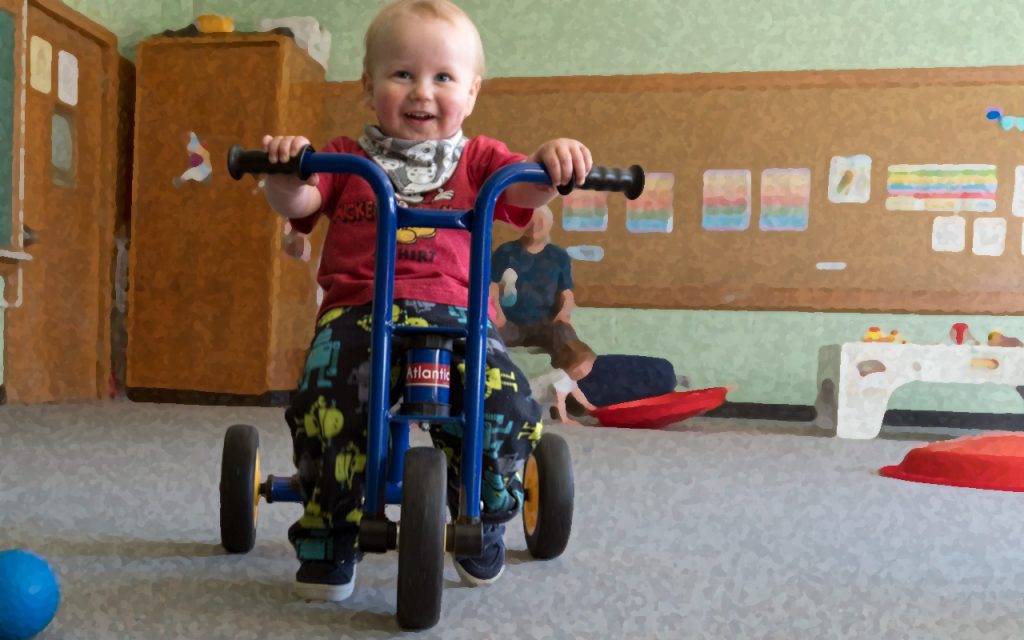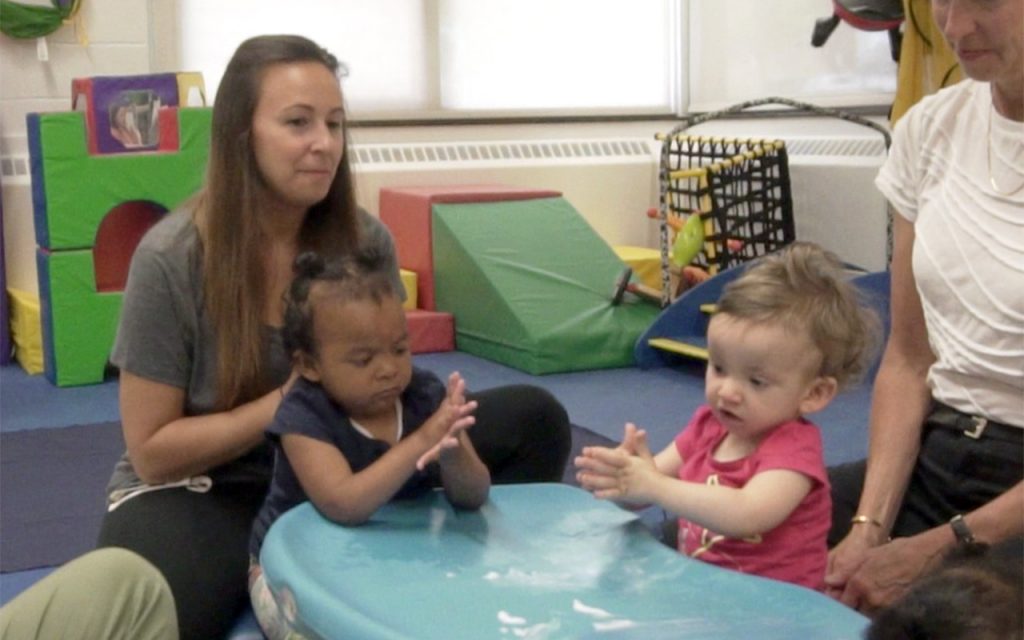
There are numerous terms used by Occupational Therapists in everyday practice. Below is a list of the most commonly used terms.
Occupation – groups of activities and tasks of everyday life that are meaningful to the individual and include things that people need to do, want to do, or are expected to do.
Activities of Daily Living (ADLs) – a common term used by many professionals referring to the activities and tasks we do every day.
ADLs can be divided into two main categories: Basic ADLs (bADL) and instrumental ADLs (iADL). BADLs include the routine activities we do every day. For example, brushing teeth, showering, toileting, and eating. IADLs are more complex, and involve activities that help us to be independent, including cleaning (toys, play area), preparing meals, and money management.
Self-Care – everyday tasks and actions that a person does to take care of themselves and prepare for participation in daily activities (Kid Sense, 2020).
Examples of self-care can include brushing teeth, getting dressed, toileting and eating.
Productivity – tasks and actions that a person does for the purpose of being productive.
Examples of activities of productivity include writing, colouring, cutting, attending school, going to work, and participation in community events.
Leisure – tasks and actions that a person does to enjoy life (Townsend & Polatajko, 2013).
Examples of leisure activities can include sports, arts and crafts, and play.
Baseline: A minimum or starting point to be used for comparison.
Client-Centered – an approach to therapy which allows the client (for example, child, parents, Early Childhood Educator) to be actively involved in the therapy process by setting goals and developing a plan for intervention.
Occupational Performance – the ability to choose, organize, and perform meaningful occupations for self-care, productivity, and leisure in a way that one is satisfied with (Townsend & Polatajko, 2013).
Occupational Engagement – the act of participating in activities and occupations (Townsend & Polatajko, 2013).
Enabling Occupation – the ability to collaboratively support an individual to participate in meaningful occupations.
Fine Motor Skills– physical skills involving small muscle groups in the hands. For example, writing, colouring, and cutting.
Gross Motor Skills – physical skills involving the entire body, large muscle groups and movements. For example, running, jumping, throwing a ball, and riding a bike.
Cognition – the ability to process information in the brain. It involves many different functions such as memory, perception, judgement, thinking, and problem-solving.
Sensory Processing – the way our body and nervous system accepts and organizes information from our senses: sight, touch, smell, taste, hearing, body positioning (proprioception), and movement and balance (vestibular).
Motor Planning – the brain’s ability to organize and plan purposeful movements. For example, the ability to plan the movements required to ride a bicycle.
References
Kid Sense (2020). Self care skills. Retrieved from https://childdevelopment.com.au/areas-of-concern/self-care/self-care-skills/
Canadian Association of Occupational Therapists. (2016). What is occupational therapy?. Retrieved from https://caot.in1touch.org/site/aboutot/whatisot?nav=sidebar
Townsend, E.A. & Polatajko, H. J. (2013). Enabling Occupation II: Advancing an Occupational Therapy Vision for Health, Well-being & Justice through Occupation. Ottawa, ON: CAOT Publications ACE.







